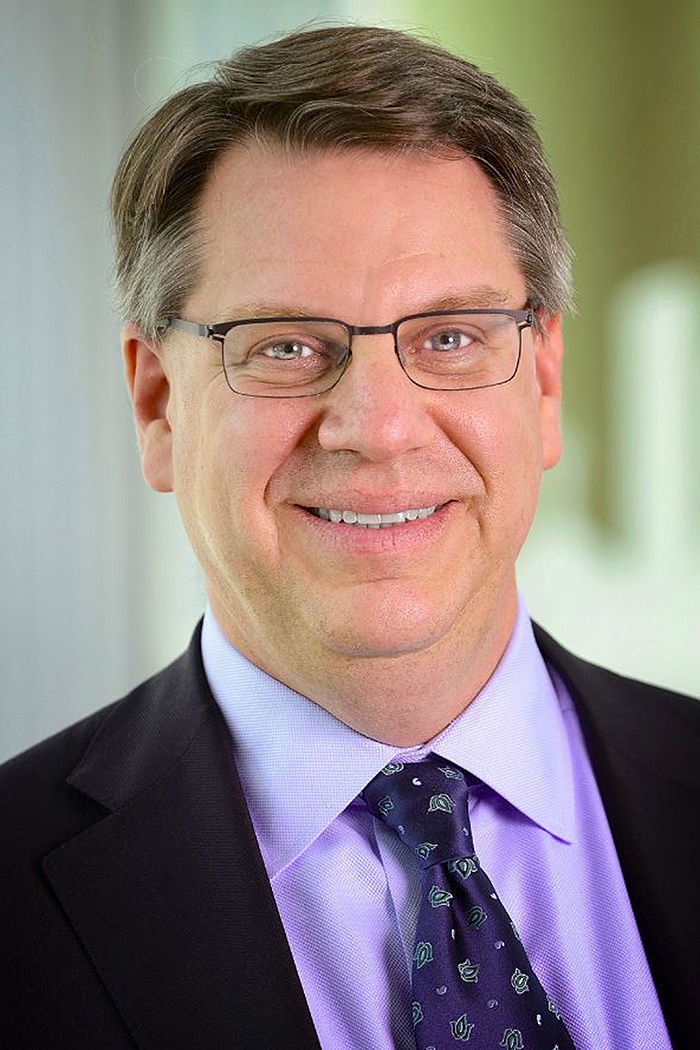New Report by the World Economic Forum, Boston Consulting Group, and Burning Glass Technologies Leads the Way to the Future of Work by Providing Concrete Recommendations for Upskilling and Reskilling
The big-data approach to the cost-benefit analysis of reskilling determined that benefits outweigh costs for 25% of disrupted workers, even when all costs are borne by companies. This and other findings are explored in a new report by the World Economic Forum in collaboration with Boston Consulting Group (BCG) and Burning Glass Technologies, Towards a Reskilling Revolution: Industry-Led Action for the Future of Work.
The report outlines a cost-benefit calculation from the perspectives of both the company and the government. The model shows that the private sector in the US could reskill 25% of workers expected to be displaced by technology into growing job fields, and the government could reskill 77%, with a positive cost-benefit balance. These calculations are based on Bureau of Labor Statistics job projections. The overall costs for reskilling all 1.4 million workers for viable and desirable transitions would amount to $34 billion over the next decade. The report outlines recommendations and industry-specific roadmaps to prepare for the future of work.

“Companies need to start to prepare for the future of work now, and up- and reskilling will be the biggest challenge in this endeavor. The good news is that there is a positive business case for up- and reskilling for many disrupted workers from a company and government perspective,” said BCG CEO, Rich Lesser.
The Positive Business Case Behind the Reskilling Revolution
Using big data analysis of online job postings from Burning Glass Technologies (50 million individual postings from 40,000 job-related data sources, on 958 jobs comprising 15,000 skills), the methodology calculated all benefits and costs of reskilling from the stakeholder perspectives of both companies and the government.
The key results of the report promote an even more positive message if it is assumed that large-scale up- and reskilling will create economies of scale—leading to a decrease in time and money required for reskilling. For example, if industry and multi-stakeholder collaboration could reduce reskilling costs by 30%, through pooling resources such as training of providers and sharing venues, nearly half of the disrupted workforce could be profitably reskilled by the private sector in-house, and nearly all could be reskilled with a positive cost-benefit balance from the government perspective.

Action-Oriented Recommendations to Prepare for the Future of Work
The report’s recommendations were built on more than 60 in-depth interviews and consultations with C-level industry practitioners and experts across five industries participating in the Forum’s Preparing for the Future of Work Industry Task forces. Input from business executives, leading human resources and strategy departments, deans of relevant academic departments, and heads of trade unions and industry associations, as well as key policy makers, were analyzed and condensed to produce the following insights:
“Strategic workforce planning should be the cornerstone of all recruiting, outsourcing, upskilling, and reskilling initiatives. Many companies put a large amount of resources into recruiting and training without understanding the skills and jobs of the future,” said Rainer Strack, a BCG senior partner and coauthor of the report.
Industry-Specific Overview and Advice
The report features industry roadmaps for aerospace; aviation, travel, and tourism; consumer industries; financial services; and oil and gas. Each contains scorecards with technologies the industries plan to adopt, the resulting impacts on the workforce, the barriers to adoption, and the top declining and emerging jobs. Moreover, based on the Reskilling Revolution model, the report offers concrete information related to the transition opportunities for displaced workers and options for filling key strategic skills gaps for the companies from within the existing workforce. Lastly, it suggests key anticipatory actions to be taken by specific industries, following the overarching recommendations.
The Next Step in Preparing for the Future of Work
This is the third report in a series for the World Economic Forum/BCG collaborative project, Preparing for the Future of Work. The first year of the collaboration saw the publication of two reports that laid out scenarios for what the future of work might look like and introduced a new approach to identifying reskilling and job transition opportunities.
A copy of Towards a Reskilling Revolution: Industry-Led Action for the Future of Work can be downloaded here.
About Boston Consulting Group
Boston Consulting Group (BCG) is a global management consulting firm and the world’s leading advisor on business strategy. We partner with clients from the private, public, and not-for-profit sectors in all regions to identify their highest-value opportunities, address their most critical challenges, and transform their enterprises. Our customized approach combines deep insight into the dynamics of companies and markets with close collaboration at all levels of the client organization. This ensures that our clients achieve sustainable competitive advantage, build more capable organizations, and secure lasting results. Founded in 1963, BCG is a private company with offices in more than 90 cities in 50 countries. For more information, please visit bcg.com.





